Better Together: Collaborative Spaces Can Inspire Scientists of All Ages
An area where researchers can gather and informally discuss ideas is the best way to produce innovative inventions, argues Ethan N. Gotian.

Send us a link
An area where researchers can gather and informally discuss ideas is the best way to produce innovative inventions, argues Ethan N. Gotian.

The pandemic and political tensions might slow the march towards more globalized science.
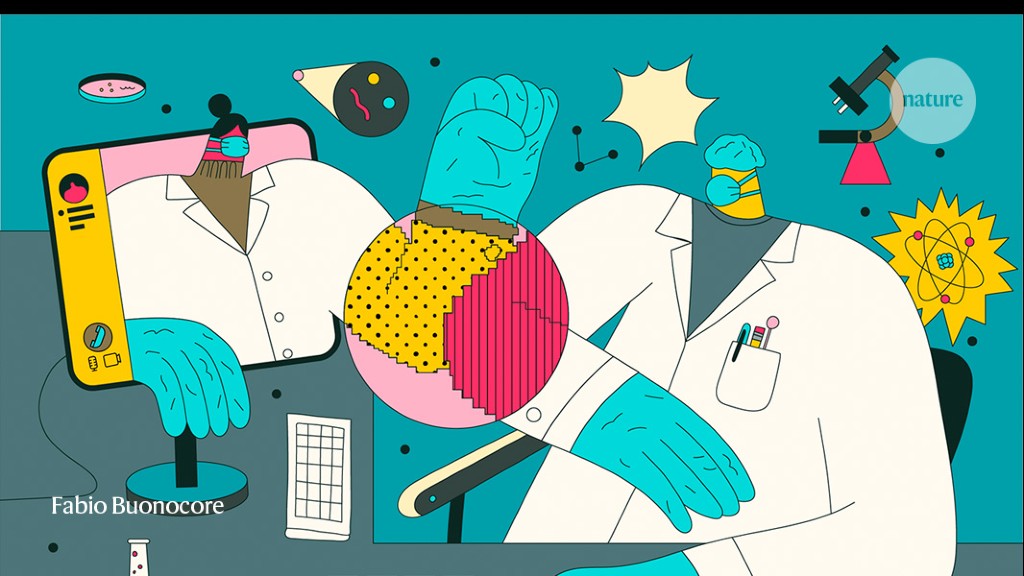
The U.S. government has thrown up hurdles that make collaborating with researchers from other countries a bureaucratic hassle. And if they don’t follow the rules carefully, they could end up in trouble.
Scientists who plan to partner on a research project should start by identifying pressure points and devising ways of tackling them as a team.
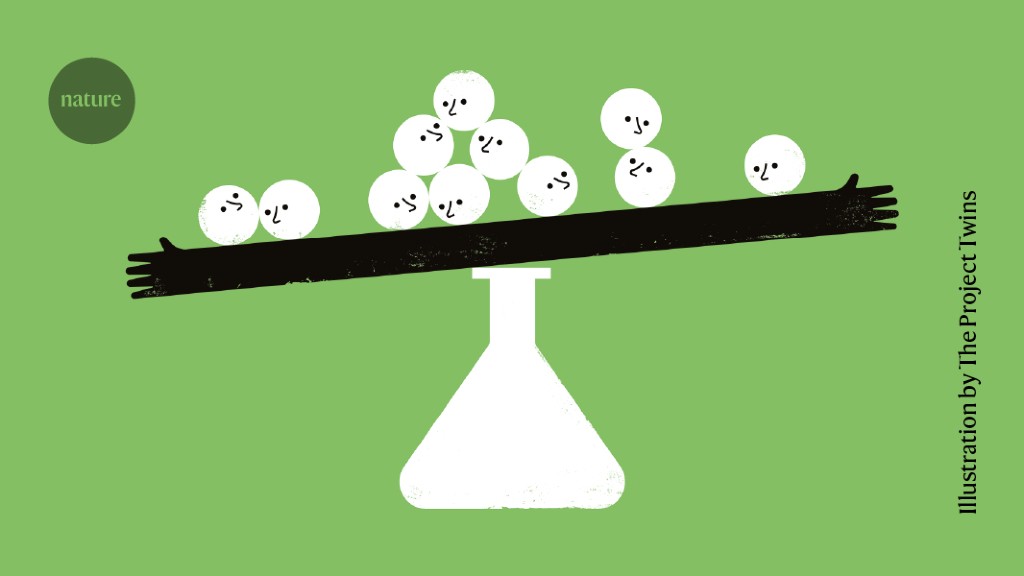
Rivalry between China and other countries could diminish global scientific collaboration - just when it is most needed.
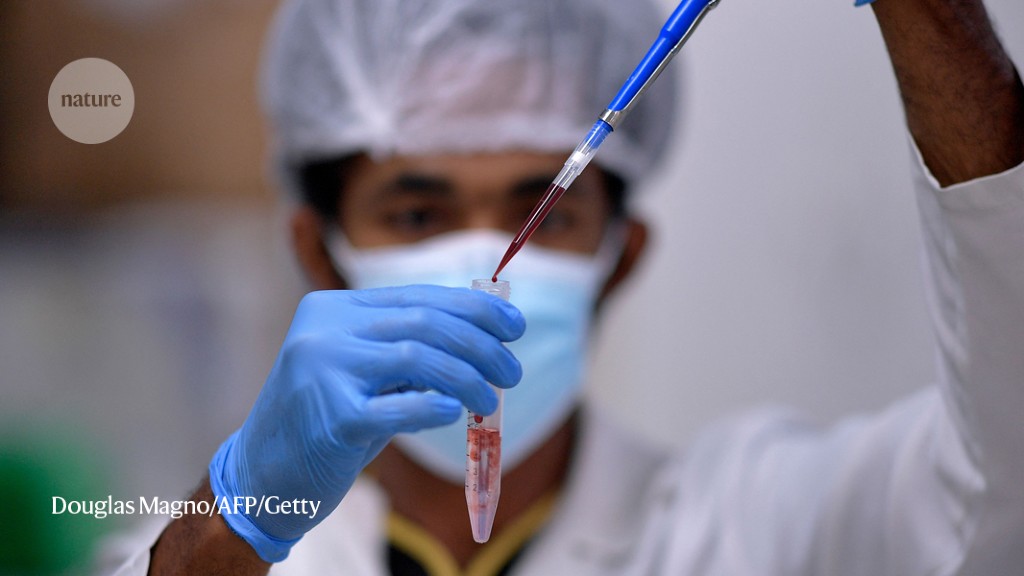
Research-intensive university groups representing 77 universities across Europe have joined together to signal their determination to collaborate across borders to drive innovation and new discoveries. The joint statement also calls upon the European Union not to restrict access for associated countries, such as the UK and Switzerland, to parts of its multi-billion Horizon Europe research programme.
With the addition of 14 new CRediT contributor roles, research contributors - who may have multiple roles per published work - can now have all facets of their work recognized.
Paper analyzes how research contributions are divided across research teams, focusing on the association between division of labor and number of authors, and authors’ position and specific contributions by using the Contributor Roles Taxonomy (CRediT).
A Nature poll shows that a year of online research conferences has brought big benefits, but blending them with in-person meetings in future will be a challenge.

Working together seems like a good idea - especially when working toward a noble goal. However, little has been reported to date about the success and efficiency (or lack thereof) of such partnerships as a practical matter.
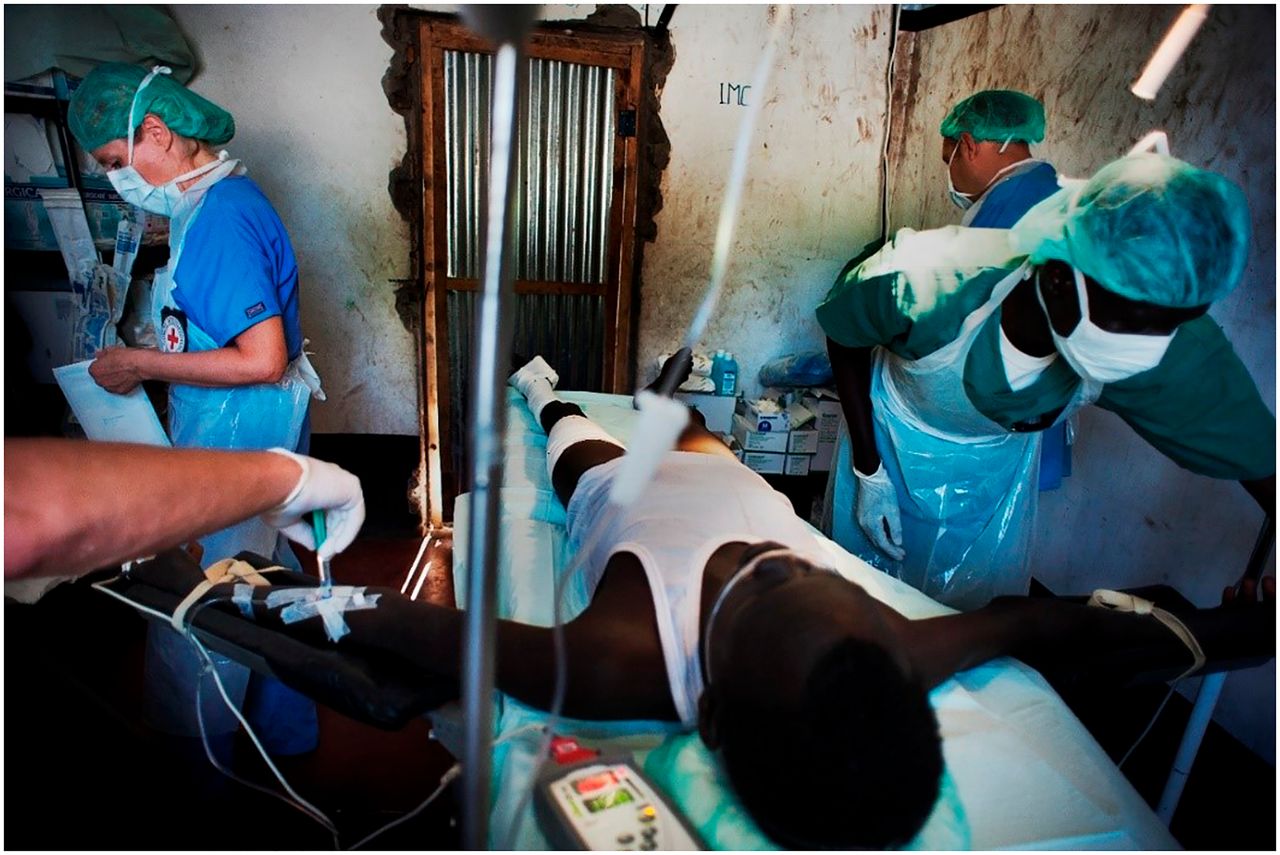
We are exploring forms of engagement between academic research and governments: what has been tried, by whom, to what effect, and using which mechanisms.

UKRI chief executive Professor Dame Ottoline Leyser on why we must recognise the vital contribution of everyone in research and innovation and debunk the Einstein myth.
The term citizen science refers to a broad set of practices developed in a growing number of areas of knowledge and characterized by the active citizen participation in some or several stages of the research process. Definitions, classifications and terminology remain open, reflecting that citizen science is an evolving phenomenon, a spectrum of practices whose classification may be useful but never unique or definitive. The aim of this article is to study citizen science publications in journals indexed by WoS, in particular how they have evolved in the last 20 years and the collaboration networks which have been created among the researchers in that time. In principle, the evolution can be analyzed, in a quantitative way, by the usual tools, such as the number of publications, authors, and impact factor of the papers, as well as the set of different research areas including citizen science as an object of study. But as citizen science is a transversal concept which appears in almost all scientific disciplines, this study becomes a multifaceted problem which is only partially modelled with the usual bibliometric magnitudes. It is necessary to consider new tools to parametrize a set of complementary properties. Thus, we address the study of the citizen science expansion and evolution in terms of the properties of the graphs which encode relations between scientists by studying co-authorship and the consequent networks of collaboration. This approach - not used until now in research on citizen science, as far as we know- allows us to analyze the properties of these networks through graph theory, and complement the existing quantitative research. The results obtained lead mainly to: (a) a better understanding of the current state of citizen science in the international academic system-by countries, by areas of knowledge, by interdisciplinary communities-as an increasingly legitimate expanding methodology, and (b) a greater knowledge of collaborative networks and their evolution, within and between research communities, which allows a certain margin of predictability as well as the definition of better cooperation strategies.
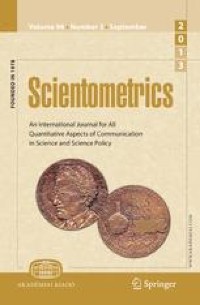
Beijing joins initiative against 'vaccine nationalism' in contrast to US, which is not part of alliance.

Tens of millions of Americans are working from home and many will never go back; employers scramble to figure out what tools they'll need to stay productive.
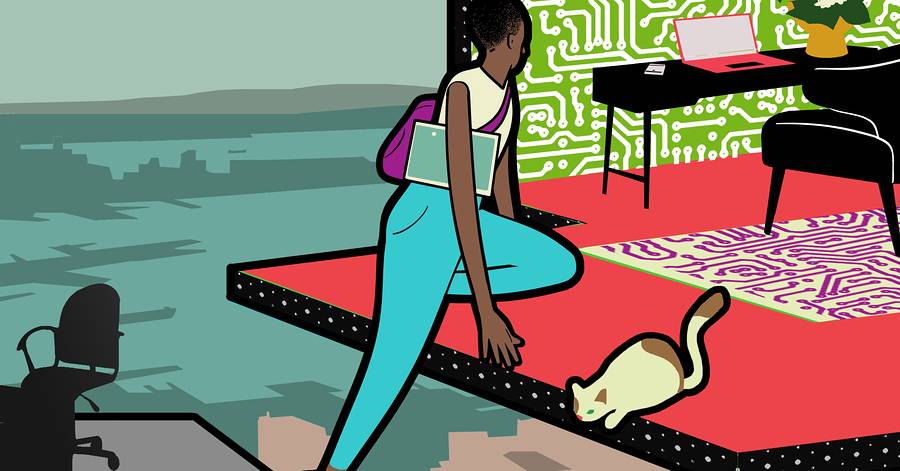
The aim of this study is to investigate how patterns of collaboration and scholarly independence are related to early stage researchers' development in two multidisciplinary learning environments at a Swedish university. .
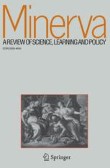
ResearchGate, the largest professional network for researchers, and Wiley, a global leader in research and education, today announced a cooperation agreement to explore ways in which Wiley and ResearchGate can collaborate to better support the needs of researchers through ResearchGate’s collaboration platform.

Never before, scientists say, have so many of the world's researchers focused so urgently on a single topic. Nearly all other research has ground to a halt.
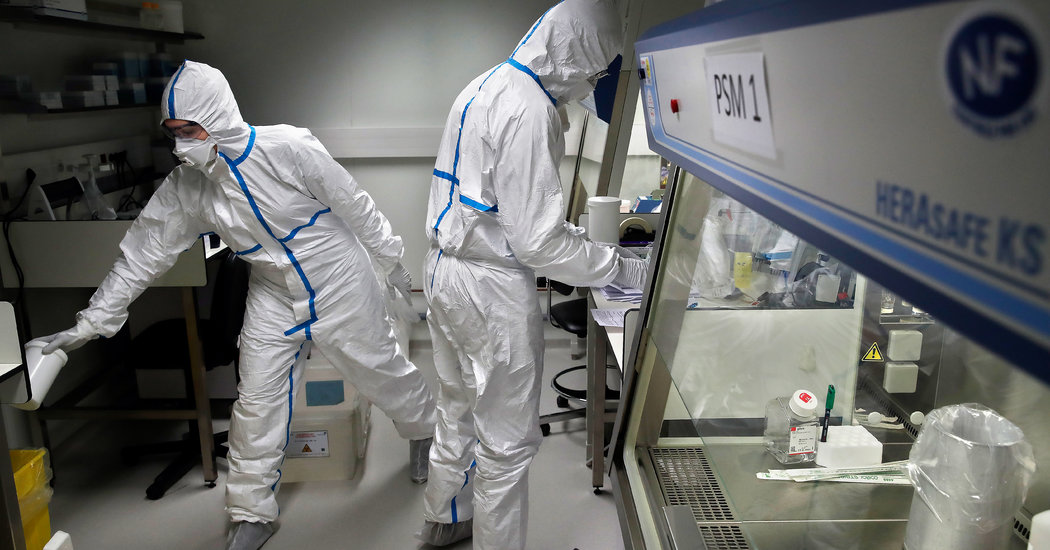
Scientists are teaming up to fight COVID-19. Presidents and prime ministers should, too.
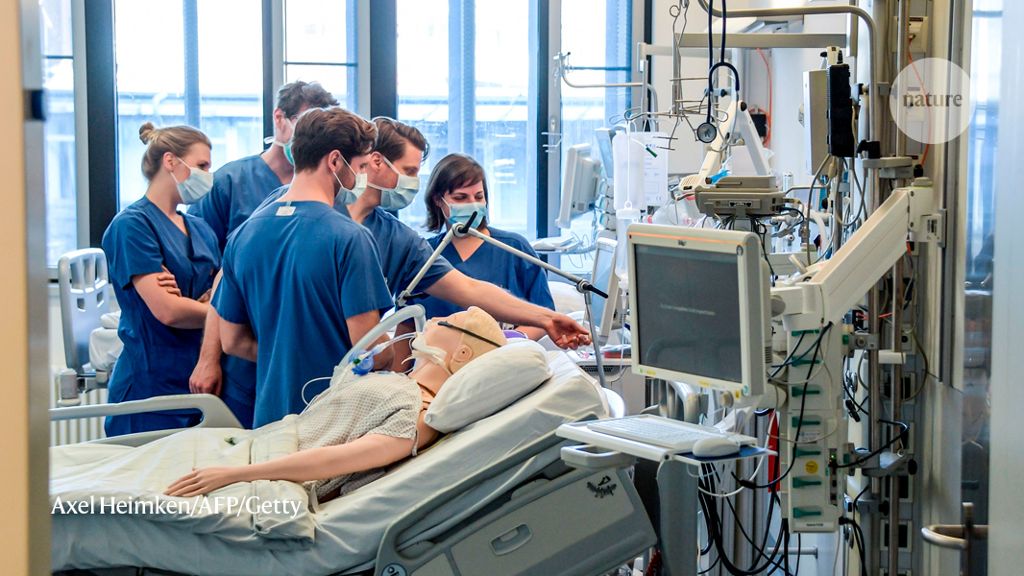
Scientists influenced by funding priorities promoted by regional, national and transnational funding bodies, as well as by the academic mania for ‘interdisciplinariness’, feel compelled to develop a concrete interdisciplinary research topic and organize their research collaboratively.
On the day that the United Kingdom leaves the European Union, higher education and research organisations from across the UK and Europe have reaffirmed their commitment to working together, and are calling on their respective governments to make this a priority.
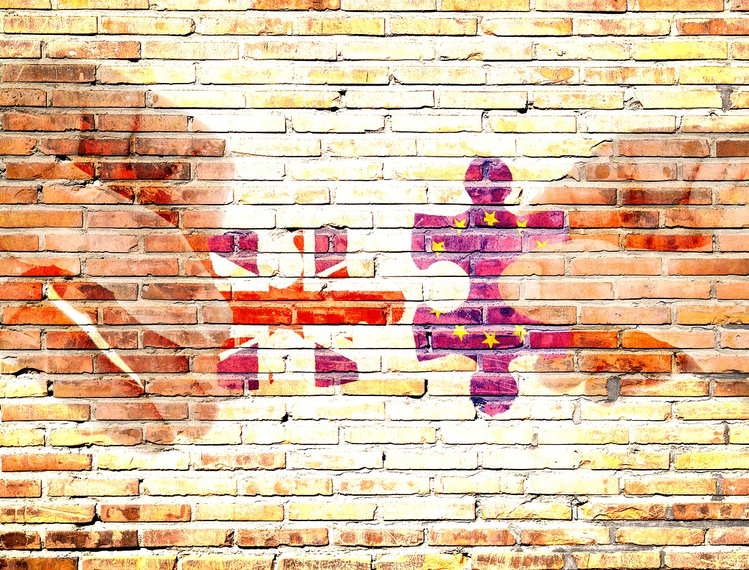
Connections prove resilient as researchers circumvent geopolitical obstacles.
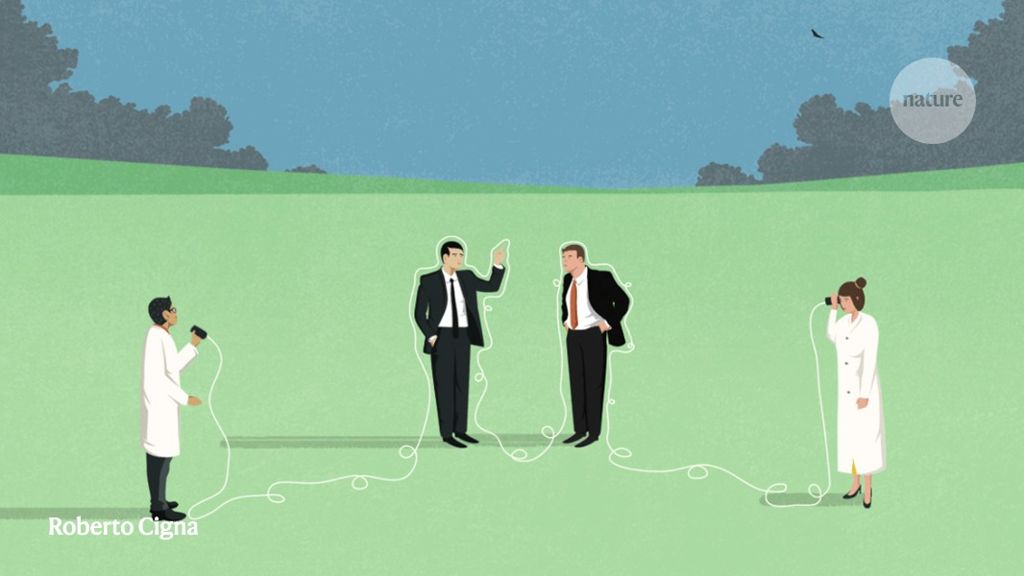
Abstract: There are many reasons why open source projects have difficulty attracting contributors. Current academic incentive structures are some of the strongest. Wanting to maintain a competitive advantage, too great a focus on novelty when publishing papers, and too little credit given to writing documentation and tutorials, all encourage researchers to reinvent the wheel in a closed team. Although I will discuss these barriers, my talk will focus on some challenges that are much easier to overcome. Not knowing where to start. "Imposter syndrome" and the various intersecting biases that accompany (and often underpin) it. Being unsure as to whether a project even wants any contributions. These can all be addressed with 10 simple rules. From laying out your welcome mat, through setting explicit expectations, to the graceful death of your project, these steps will will help you build and run an open and inclusive community-driven project online. (Breaking down capitalism may have to wait for another day.) Bio: Kirstie Whitaker is a research fellow at the Alan Turing Institute (London, UK) and senior research associate in the Department of Psychiatry at the University of Cambridge. Her work covers a broad range of interests and methods, but the driving principle is to improve the lives of neurodivergent people and people with mental health conditions. Dr Whitaker uses magnetic resonance imaging to study child and adolescent brain development and participatory citizen science to educate non-autistic people about how they can better support autistic friends and colleagues. She is the lead developer of "The Turing Way", an openly developed educational resource to enable more reproducible data science. Kirstie is a passionate advocate for making science "open for all" by promoting equity and inclusion for people from diverse backgrounds, and by changing the academic incentive structure to reward collaborative working. She is the chair of the Turing Institute's Ethics Advisory Group, a Fulbright scholarship alumna and was a 2016/17 Mozilla Fellow for Science. Kirstie was named, with her collaborator Petra Vertes, as a 2016 Global Thinker by Foreign Policy magazine. You can find more information at her lab website: whitakerlab.github.io.
The authors provide recommendations for a highly open and participatory interactive process of collaboration using digital tools and environments, discuss potential issues that come with working with large and diverse authoring communities, and provide possible solutions should these arise.
The project included more than 200 researchers around the world, about 40 of them women, including Dr. Bouman.
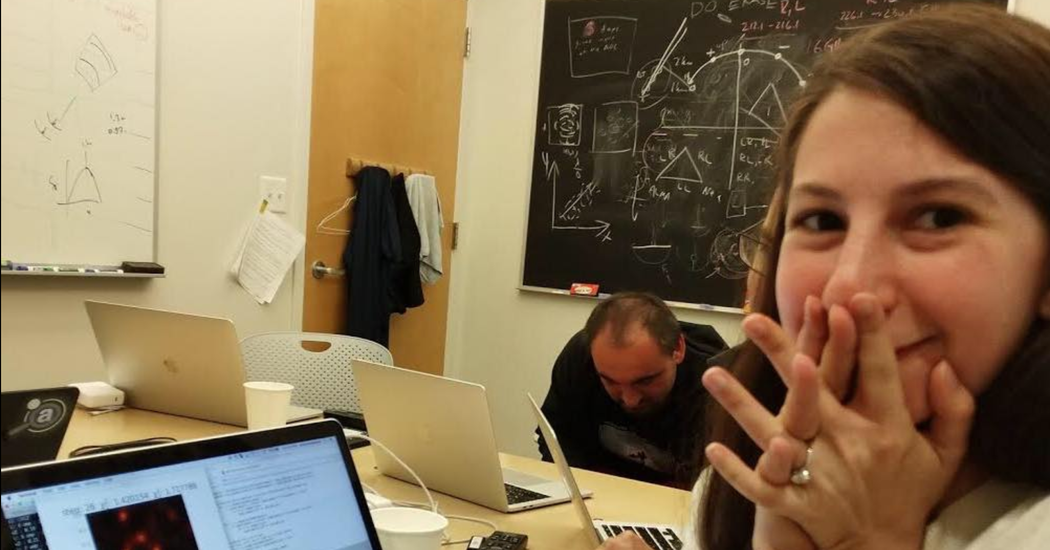
This essay proposes how distributed Web technologies are poised to enable an entirely new way of communication and cooperation among scientist and citizens.
ETH Zurich has submitted a request to the ETH Board to terminate the employment relationship with a professor in the former Institute for Astronomy. To avoid as far as possible similar cases from escalating in future, ETH Zurich is adapting its structures and processes.
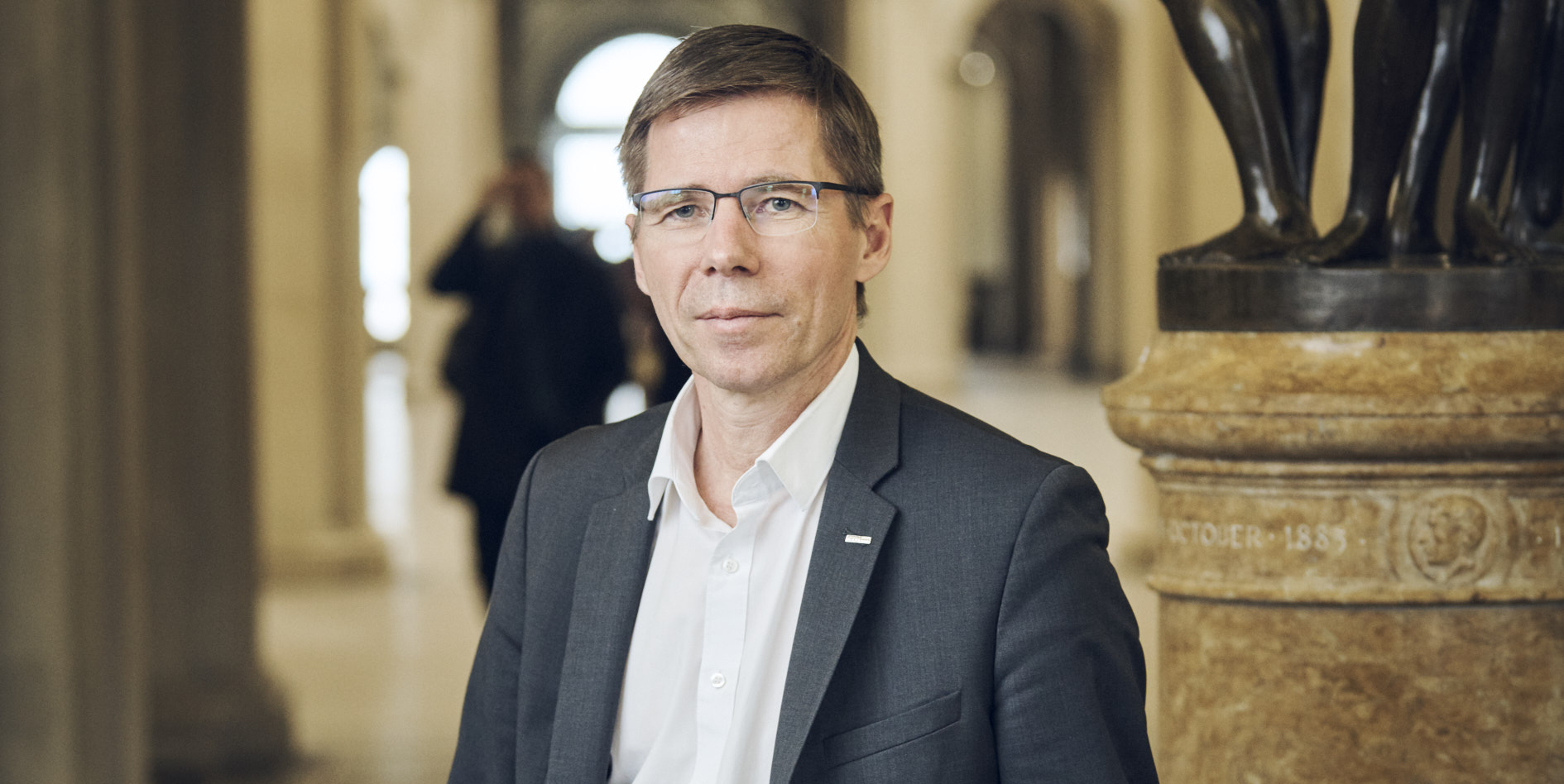
The UK has benefitted from funder incentives that make Open Access appealing for authors, while US funders have taken a less interventionist approach to Open Access. This in turn has led to increased international collaboration for UK researchers.

A new study shows that little teams are more likely to take their research in radically new directions.
